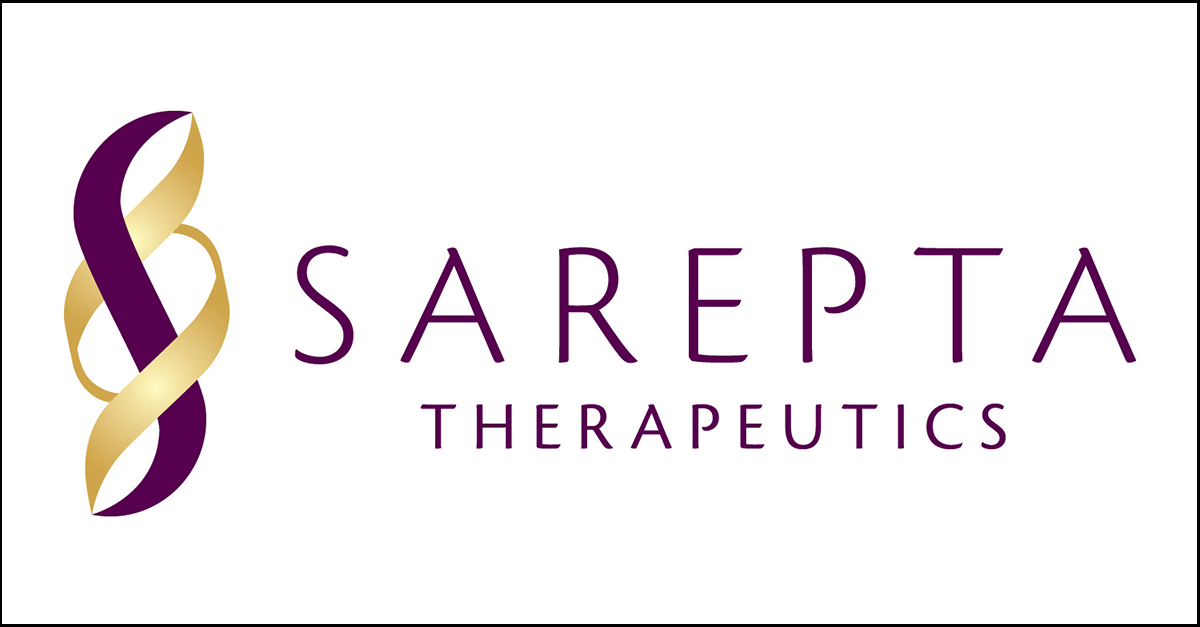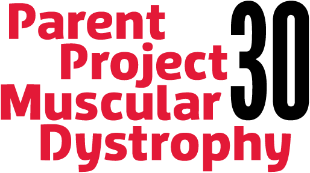
Sarepta Therapeutics has shared an update from Part 2 of Study SRP-9001-102, an ongoing clinical trial evaluating Sarepta’s gene therapy candidate SRP-9001 in participants with Duchenne.
SRP-9001 is an investigational gene transfer therapy intended to deliver the micro-dystrophin-encoding gene to muscle tissue for the targeted production of the micro-dystrophin protein.
The program is sponsored by Sarepta Therapeutics and has been partially funded by Parent Project Muscular Dystrophy.
About the Trial
- Study 102 is a double-blind, 1:1 randomized, placebo-controlled clinical trial of SRP-9001 in 41 participants with Duchenne muscular dystrophy between the ages of 4 to 7.
- In Part 1, results from the treatment and placebo groups were compared through 48 weeks following treatment.
- In Part 2, the study remained blinded to the participants and investigators, while all participants in the placebo group crossed over to active treatment and all participants were followed for another 48 weeks while safety and efficacy were evaluated.
The News
Efficacy
Sarepta reports positive topline results from Part 2 showing statistically significant functional improvements compared to pre-specified matched external control. According to the announcement, participants from the placebo crossover group (n=20) scored 2.0 points higher on the mean North Star Ambulatory Assessment (NSAA) 48 weeks after treatment with SRP-9001 compared to pre-specified matched external control cohort (a historical control group matched based on baseline functional performance as well as age). The mean age of the 20 participants who received SRP-9001 was 7.24 years of age. At 48 weeks those 20 participants saw a mean increase of 1.3 points on the NSAA compared to their pre-dose baseline.
Safety & Tolerability
Sarepta reports that the safety profile of participants treated in Part 2 of Study 102 is consistent with that seen in Part 1. There were no treatment-related serious adverse events, no deaths, and no study discontinuations due to an adverse event. The most common treatment-related adverse event in participants treated in Part 2 was vomiting, similar to Part 1. For participants treated in Part 1, no new safety signals emerged after two years of follow up.
Additional Information
Click here to view the full update from Sarepta
What’s Next
Study 102 remains ongoing and all participants continue to be monitored for safety in addition to longer-term assessments of functional outcomes. We look forward to additional updates regarding the safety, efficacy, and tolerability of SRP-9001 as the trial continues.



 by: Parent Project Muscular Dystrophy
by: Parent Project Muscular Dystrophy

